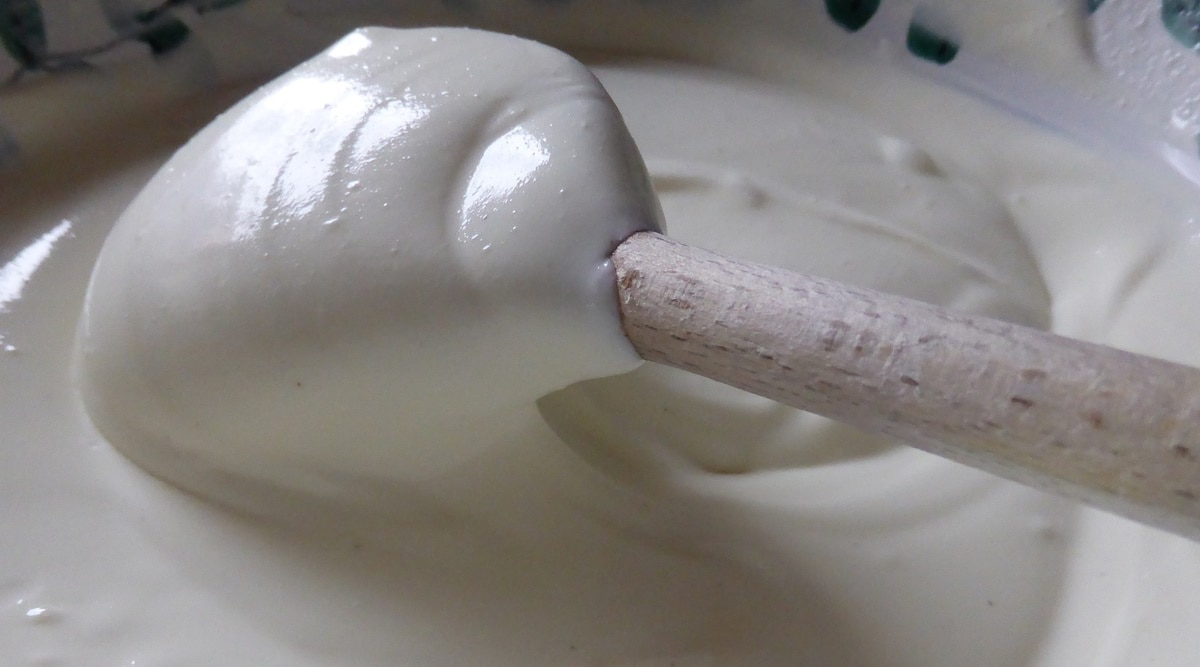 Curd is made by curdling the milk with edible acidic substances such as lemon juice or vinegar or fermentation of milk with an inoculum of previously made curd which yields lactic acid bacteria or Lactobacillus. (Image source: Pixabay)
Curd is made by curdling the milk with edible acidic substances such as lemon juice or vinegar or fermentation of milk with an inoculum of previously made curd which yields lactic acid bacteria or Lactobacillus. (Image source: Pixabay)Written by Geethu Salan
The human gut microbiota play a significant role in nutritional processes. The concept of probiotics has led to widespread consumption of food preparations containing probiotic microbes such as curd and yogurt. Fermented foods containing lactic acid bacteria are traditionally used as food in many cultures.
Curd is made by curdling the milk with edible acidic substances such as lemon juice or vinegar or fermentation of milk with an inoculum of previously made curd which yields lactic acid bacteria or Lactobacillus. But the lactic acid bacteria that ferment the milk are likely to differ slightly in each household as there is no standardised starter culture used to prepare curd. Yogurt is prepared by bacterial fermentation of milk by using yogurt culture that consists of Lactobacillus bulgaricus and Streptococcus thermophilus.
WHICH CURD SHOULD I HAVE
Curd is rich in proteins, calcium and other micronutrients. It is easy to digest as well. About 100 ml of curd gives 3 gm protein, 4 gm carbohydrates and 65 calories, therefore it is high in satiety value. At a glycemic index of 14 (the glycaemic index is a relative ranking of carbohydrate in foods according to how they affect blood glucose levels), curd is a great choice for people with diabetes. It can be included in diet in many ways, such as spiced curd, buttermilk, raitas and smoothies. The virtues don’t hold good for sweetened, flavoured or creamy curd.
HOW CURD IMPACTS GLUCOSE METABOLISM
The intake of fermented dairy products, especially yogurt, has been inversely associated with variables of glucose metabolism. Yogurt has probiotic effects that could modulate glucose metabolism. There is talk about probiotic yogurt that contains strains of good bacteria. While many go for probiotic curd, some research tells us that it isn’t more effective at improving blood sugar levels in people with diabetes. So long as you have plain, simple, non-fat curd without the cream, you should be good.
A study led by Harvard School of Public Health (HSPH) researchers found that higher consumption of yogurt was associated with a reduced risk of Type 2 diabetes. The same study also found that other forms of dairy were not found to offer similar protection.
Drawing on health data from more than a 100,000 participants in three long-running studies, the researchers found that a daily serving of yogurt was linked to an 18 per cent lower risk of Type 2 diabetes. The rationale goes that the probiotics in yogurt may help improve insulin sensitivity and reduce inflammation. A 2015 review paper of 17 randomised controlled trials investigated the relationship between probiotics and glycaemic control and found that probiotics significantly reduced fasting blood glucose and fasting plasma insulin (FPI) levels. Lower levels of FPI indicate more effective glycaemic control.
There is also research suggesting that yogurt is specifically good for heart health. Yogurt has been linked to healthy blood pressure and cholesterol levels. And some research shows that eating yogurt as part of a healthy diet can help prevent long-term weight gain.
CAN THE LACTOSE INTOLERANT HAVE CURD?
People who have lactose intolerance avoid foods that contain lactose, such as dairy products. However, this isn’t always necessary, as not all dairy foods contain enough lactose to cause problems for people with intolerance. People may often find it much easier to digest buttermilk or yogurt than milk. It has also demonstrated that fermented dairy products and probiotics can modify the metabolic activities of colonic microbiota and may alleviate the symptoms of lactose intolerance.